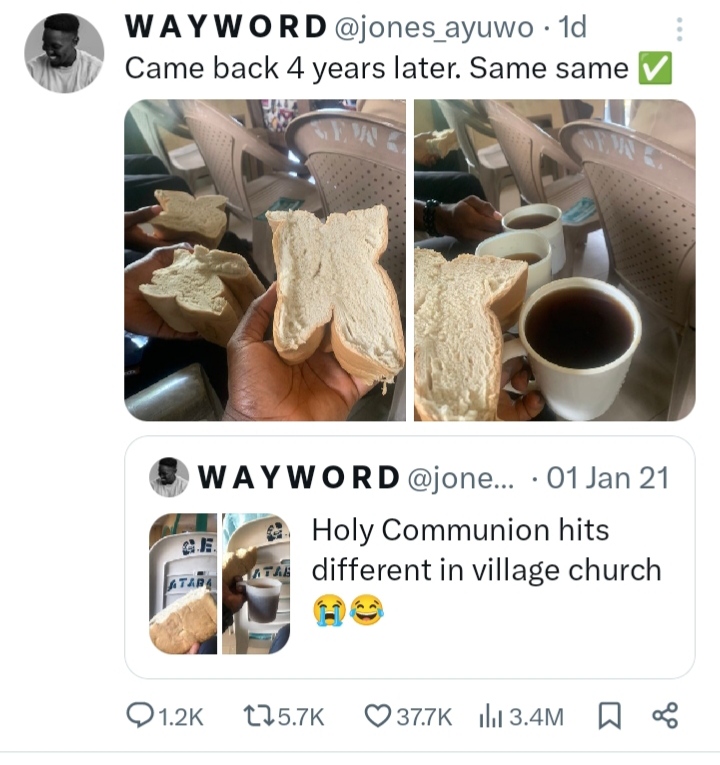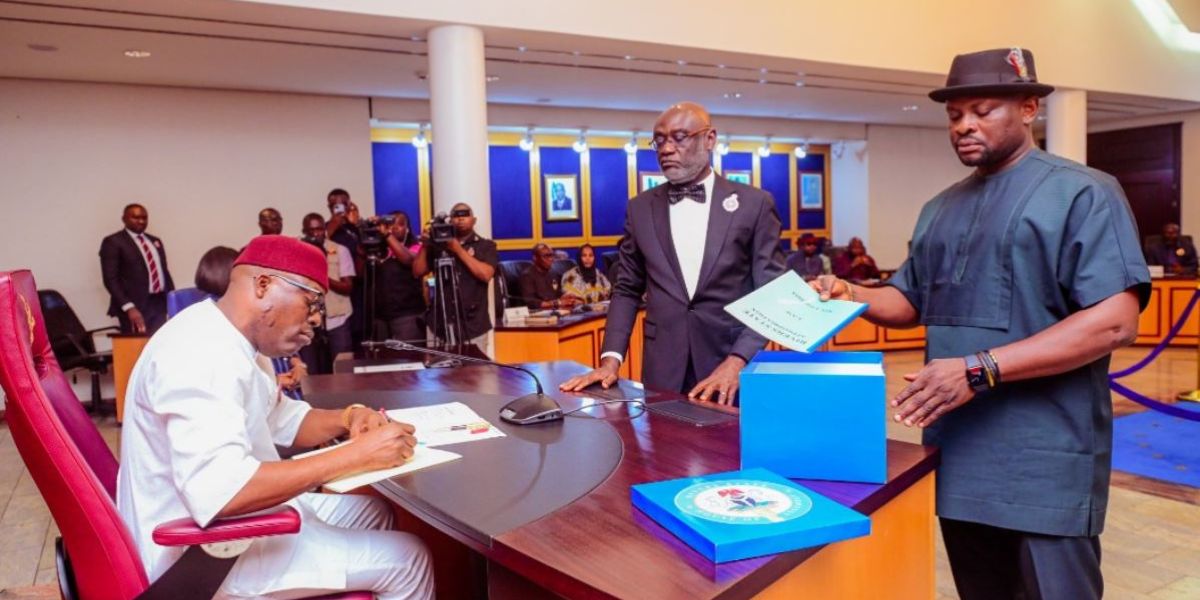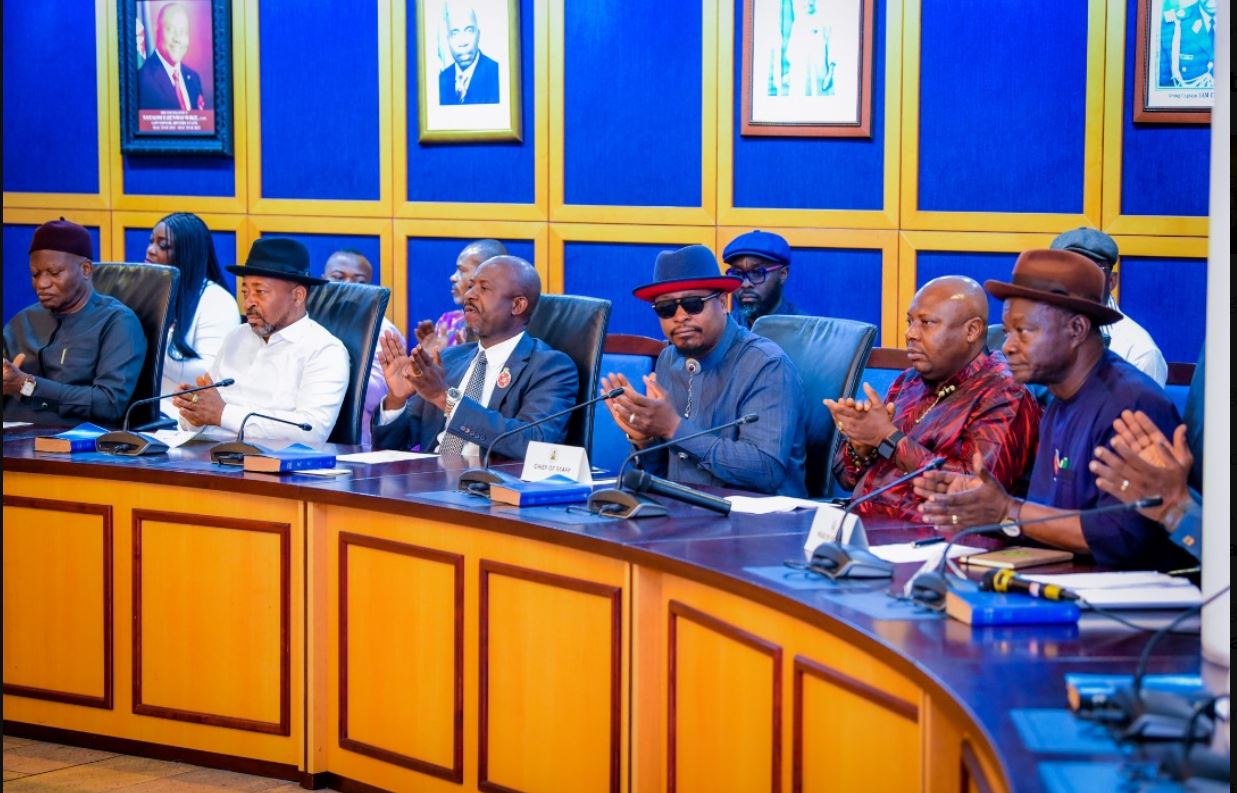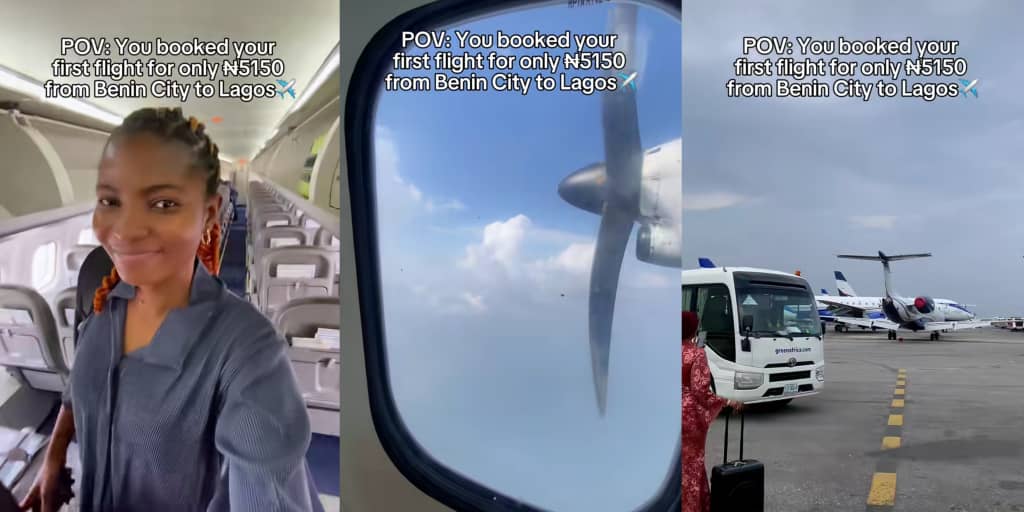The handling of federal allocations by state governments has come under scrutiny from the Nigeria Labour Congress, opposition parties and economists as the 36 state governments got a combined allocation of N5.22tn in 2024, The PUNCH reports.
Economists and relevant experts expressed contrasting views on the justification for the allocated funds.
This scrutiny comes as President Bola Tinubu on Wednesday emphasised the critical role of state governors in driving Nigeria’s development and prosperity, claiming that this accounts for why 65 per cent of federation accounts go to states.
Speaking during a New Year homage by the Nigeria Governors Forum at his Ikoyi residence, the President described their leadership at the subnational level as “central to achieving food security, economic prosperity and rapid national growth.”
This is just as the President expressed gratitude to the governors for their support and collaboration while highlighting key areas requiring joint effort for the nation’s progress.
Findings by The PUNCH showed that statutory allocations from the Federal Account Allocation Committee to the three tiers of government increased by N4.99tn to N15.12tn within the 12 months of 2024.
The amount indicates an increase of 49.24 per cent from N10.14tn disbursed to meet their obligations in 2023.
An analysis of the monthly communique issued by the committee showed that the 36 state governments got the highest allocation of N5.22tn, representing 34.5 per cent of N15.14tn total allocation to the three tiers of government.
This was followed by the Local Government areas with N4.97tn and central government with a revenue allocation of N4.95tn.
When compared, the states got an increase of 45.5 per cent from N3.585tn in 2023, while allocation to the local government increased by 96 per cent and central government by 25.6 per cent.
But if added with the LG allocation of N4.95tn, the amount increases to N10.19tn, indicating 67.3 per cent of total allocation.
The Federation Account Allocation Committee disburses allocations from the revenues generated into the Federations Accounts, which comprise multiple accounts specific to an or a sector/ business type.
The bulk of the revenue shared at FAAC meetings by the federal, state, and local governments are earnings from oil exports, taxes, and other statutory allocations.
Under the current revenue-sharing formula, the Federal Government gets 52.68 per cent of the revenue, states 26.72 per cent, and local governments 20.60 per cent.
However, for Value Added Tax, while the Federal Government gets 15 per cent of distributed funds, states get 50 per cent, and the remaining 35 per cent goes to the local government councils.
The proposed tax bills concede 55 per cent allocation to state governments while maintaining 35 per cent to the local government councils, leaving the Federal Government with 10 per cent.
The fund, which is arguably the major source of revenue for most states, is to ensure development at different levels of government and also to enable the states and LGs to meet their obligations.
A breakdown of the state’s 2024 monthly allocation showed that N396.69bn was disbursed in January, N379.41bn in February, and N398.69 in March and April.
These states also got N403.4bn in May, N388.42bn in June, N461.97bn in July and N473.47bn in August.
In September, an allocation of N422.86bn was disbursed to the states, N453.72bn in October, N490.69bn in November and N549.79bn in December.
NLC raises concern
Amid an increase in allocation to subnational government, the NLC has lamented that the masses have been deliberately neglected despite the increasing revenue received shared by state governors from the Federation Account Allocation Committee.
The Deputy President of the NLC Political Commission, Prof. Theophilus Ndubuaku, raised the concerns in an exclusive interview with The PUNCH.
He said, “These governors are receiving more revenue than before. But there is really no impact on the masses. Some of them said they are executing projects. How can you claim to be executing projects when people, especially pensioners are dying and many can neither buy food nor drugs?
“Now that more people are going into extreme poverty, you are going around boasting that you are getting more money. Don’t forget that this money is what was extorted from the people in form of the so-called removal of petroleum subsidy and you can’t put it back to feed or teach them how to fish.”
Ndubuaku said the NLC observed that not all the 36 governors were paying the new minimum wage.
“All they are doing now is amass the money and wait for 2027. So, it’s a problem. Do you also know, as we speak, that a good number of these governors have not started paying minimum wage? Even some among those paying are doling out minimum wage with question marks.
“So, we are going to go back to the drawing board. It is going to be a rough 2025. They are all swimming in money now and have learnt no lesson. And their master is also there telling us how he is giving them more money. That’s all we are hearing and the people are suffering,” he stated.
The Chairman, NLC, Lagos State chapter, Funmi Sessi, called for an end to governors’ constitutional immunity describing their performance as “below average.”
She emphasised that despite states receiving 65 per cent of federally allocated resources, most governors failed to deliver meaningful development.
“Honestly, I think the immunity given to governors should be withdrawn. A governor that fails to perform to expectations should not have immunity. People will just struggle, stress, and waste the whole tenure without commensurate development,” she said.
“If we have to look at what the President said, we were even thinking that it probably is the centre that is depriving all the states from provision of infrastructural facilities, security, palliatives, and other things, not knowing that even the states had taken 65 per cent of the resources from the centre. Yet, many of these states have performed below average and even below expectations,” Sessi stated.
Sessi also raised concerns about the state of security, accusing the governors of leaving the responsibility entirely to the Federal Government while providing little accountability for their own budgets. She urged state assemblies to curb corruption, enforce accountability, and ensure that budgetary provisions directly benefitted citizens.
“This is why we have budgets. The various states of assembly should stop these collusions of corruption and ensure there is accountability.”
Opposition berates govs
Meanwhile, opposition parties in Kwara berated Governor AbdulRaman AbdulRazaq over claims that infrastructural development in the state was more in the last two years than what he did in the first four years of his administration.
During a visit to Presdient Tinubu on Wednesday, alongside other state governors, Gov AbdulRazaq, Chairman of the Nigeria Governors Forum, stated, “I will confess that I have not done two years in this administration but I have done more projects in less than two years than the four years in my first term and that is due to the structural adjustment programs you are doing; restructuring the economy means that we are getting more funding.”
Publicity Secretary, Social Democratic Party in the state, Ibrahim Sharafadeen, said the governor’s statement was an admission of failure in his first term.
Sharafadeen alleged that the governor wasted funds on projects like the Tanke flyover and Kwara Hotels.
“This (AbdulRazaq’s) statement was an admission of failure of the governor in his first term. The renovation of Kwara Hotel at N17.8bn is too bogus for the state because such amount cannot be recovered by the state in the next 20 years.
“The report by the governor to the President should have been delivered to the people, who own the money, for them to critically assess, if such claims were true. The President does not live in Kwara, but the people do.
“Besides, while we remind the governor that the people are the immediate beneficiaries of such projects, we challenge him to mention such projects that he has done that surpassed his uninspiring first tenure.
The Peoples Democratic Party Publicity Secretary, Kwara State, Olusegun Adewara, said,
“It is alarming that approximately 90 per cent of the state’s fund allocation is concentrated on a mere three-kilometre stretch within the state capital, specifically between Challenge, Tanke and Tipper Garage areas. This lopsided focus raises serious questions about the equitable distribution of resources. How do these projects tangibly improve the living standards of the majority of Kwarans, especially when compared to the substantial financial inflows into the state?
In Ogun State, opposition parties on Thursday knocked Gov Dapo Abiodun for having nothing to show for the reported increase in the monthly federal allocation accruing to the state since the removal of subsidy on petroleum products by President Bola Tinubu.
Kayode Adebayo, spokesman, PDP, Ogun State, said, “There is nothing to support the fact that our dear state now receive higher Federal allocation since the administration of President Bola Tinubu began.
“Our schools and our roads are as bad as ever, despite the fact that they are also sitting on the local government funds, there is nothing to show for it, so nothing is pointing to that assertion of the Chairman of the Nigeria Governors Forum in our state.”
Similarly, the state Chairman, New Nigeria People’s Party, Femi Aina, said, “Most of the roads in Ogun are in terrible shape. Despite the increase in allocation, the situation remains the same, the impact is not felt by the citizens. There is the need for the governor to explain how the allocation was spent. Accountability is important in a democracy.”
The All Progressives Congress Assistant Publicity Secretary in Bayelsa State, Coronation Tokpo, said on Thursday that the people were not happy with what was going on in the state.
Tokpo said the PDP-led government was only working for the rich, neglecting the poor.
He said, “They are building houses for judges, commissioners and House of Assembly members. What are they doing for the civil servants, the poor and less privileged? The people spend humongous amounts for rent.
They have been talking about the three senatorial roads for over 10 years, but you can see that not much has been done. Here in Yenagoa, apart from the Opolo Market Road, the Glory Drive and some others, no major infrastructure project is going on.”
In Bauchi, opposition parties said they had not witnessed any remarkable improvement in terms of infrastructural development in the state.
The state Secretary, People’s Redemption Party, Abdulrazak Haruna, said, “I demanded the explanation under the Freedom of Information Act, and till date, the governor and accountant-general have not responded to my demands. We are preparing to sue the state government on the matter.”
Also in Benue, the Labour Party said the administration of Hyacinth Alia of the APC for not living up to expectations despite the huge allocations from the FG.
The state chairman of Labour Party, Ibrahim Idoko, who viewed the performance of Alia administration from two perspectives, commended the governor for surpassing the previous administrations performance but at the same time scored the government below average in general performance.
He said, “When you compare the performance of the present administration to the previous ones, you can commend this government for landmarks development because people head bias about government performance. Under this administration, people have begun to see quality renovations and some wonders
“However, when we talk of general performance, in line with what has come to the state and the electoral promises made, such as 16 township roads and others, this administration has performed below pass mark.”
In Ekiti, the PDP and SDP differed over the state of infrastructures in the state following the increase in the monthly allocations to the state from the Federation Account.
While SDP state chairman, Dr Bamidele Ekunola, said there was improvement in infrastructure in the state, the PDP State Publicity Secretary, Jackson Adebayo, said there was no marked difference between what obtained now and when the allocation was lower.
“There is significant improvement. On road projects, Governor Biodun Oyebanji has been trying. Of recent, he is the only governor that has tried, apart from Segun Oni, on the issue of road construction. I see progress in the ongoing construction of a flyover in Ado Ekiti, I was in the area some days ago, the project is moving.
“On education, I think the governor has tried too. I see some renovations here and there in some schools. Also, workshops and seminars are being organised for teachers too,” Ekunola said.
But Adebayo disagreed, saying, “There is no difference in Ekiti, there is nothing to show for the increase in allocation from the Federation Account.”
In Edo, the Publicity Secretary, LP, Sam Uruopa, said the state’s immediate past governor, Godwin Obaseki, didn’t say the financial fortunes of the state improved during this period.
He said, “All we heard was that there was paucity of funds and from what we saw in terms of development, there’s no indication that we got more funds.
“The new governor has also not said he met increased allocation. What we have heard is allegations and counter allegations of the state’s high debt profile. The immediate past governor said he left N30bn in the treasury while the new one said nothing was in the treasury.”
The Kogi State Chairman, PDP, Mohammed Gambo, said the improved allocation from the federation account to states had not been transferred to improved infrastructure in the country.
“It hasn’t led to improvements in anyway, for example, Ganaja Road has been under construction for over a year now, yet it’s still incomplete, a road that’s not up to 15km. Take a look at the Abuja- Lokoja road, it’s still under construction, and epileptic power supply, especially in Kogi that generates power.
Economists react
Also reacting, Country Director of Accountability Lab Nigeria, Friday Odeh, criticised the current system, stating, “What we operate now in Nigeria, nothing is justified. I mean, if you put all the knowledge we have, if you put all the research we have, if you put all the learnings we have, if you put everything that says this is not justified or justified, the state governments will still not listen. That is why we still go back to the tax reform bills.”
Odeh highlighted concerns over the misapplication of funds intended for poverty alleviation, arguing that real-time development is often neglected. “The tax reform bills have also proposed another structure for calculating this distribution of funds.
“But again, the governments are bent on their ways to also go around poverty alleviation schemes with these funds and not real-time change or real-time development that will accrue to the state. So, for me, I think it’s, well, it’s not justified.”
On the other hand, economist Austin Iraoya provided a more nuanced perspective, emphasising the importance of transparency and measurable outcomes.
“Justification might be a broad term in terms of one, basically how the money is used. If you talk about poverty alleviations and all, yes, the governors will tell you that this money goes into different development projects which may not necessarily be termed poverty.”
The Deputy Director of the Socio-Economic Rights Accountability Project, Kola Dare, said while the disclosure of 65 per cent allocation to the state government appeared to be evidence of transparency, there was a need for accountability in the use of allocation by the federal and state governments.
“What the president has said appears, emphasis on appears, to be an element of transparency, giving figures allegedly, of the increase in the percentage of allocation to the state governors. But that is not enough. What about accountability? And in that instance, both the federal government and the state government have not done well at all.
“It will be very hard to judge how the governors have performed in isolation from how the President has also performed. And this performance is not only based on provision of very important infrastructure, it is based on other indexes that we use to measure good performance, and that also includes transparency and accountability.
“And that means that every allocation, whether it is going to be generated from the allocation shared as part of a federal allocation, it must be transparent that the citizens know exactly what comes to the purse of each tier of government, including local governments, and how those funds are spent,” he said.
The Chairman of the Centre for Accountability and Open Leadership, Debo Adeniran, described the allocation to the state governors as unjustifiable, noting that the governors were not ready to develop the states with the previous allocation given to them.
He added, “If it is the local government that is given more money and is better controlled, I mean, I’m saying that there should be more control mechanisms that will checkmate those who are spending our money.”
Chancellor of the International Society for Social Justice and Human Rights, Dr Jackson Omenazu, expressed scepticism about the funds’ impact on citizens’ welfare.
“It is not reflecting on ground in terms of poverty alleviation and quality of life—education, health, infrastructure. The truth is that the people are not asking questions about their common patrimony; rather, they clap for these governors like happy slaves,” he said.
Omenazu further called for greater public vigilance and fiscal responsibility.
“Our collective docility has emboldened the political actors to treat us like second-hand citizens. We have no business with poverty if there’s prudent management of our resources,” he stated.
An associate professor at the University of Africa, Bayelsa State, Unekwu Onuche highlighted the dual responsibility of federal and state governments.
He noted that while governors have a duty to ensure the welfare of their citizens, federal policies often undermine their efforts.
“My problem is not with the governors per se. No matter how well-intentioned a governor’s policy might be, a very bad federal policy can scatter the whole thing. For instance, if your governor decides to give N200,000 as minimum wage but the federal government stokes inflation, the value of that money is eroded,” Onuche said.
Onuche emphasised the need for coherent policies at all levels of government to ensure that revenue allocations translate into tangible benefits.
“It’s not about how much money you gave out, but what enabling environment did you provide for these monies to translate into reasonable positive impacts,” he argued.
An economist at the Federal University of Agriculture, Abeokuta, Tobi Awolope criticised the states’ performance in utilizing the funds.
“Nothing yet to show for this across the majority of the states,” she said.
“In terms of welfare, we have increasing poverty and food insecurity rates. Over the years, there have been economic recessions and limited or deteriorating infrastructures,” Awolope noted.
On his part, the Executive Director of the Rule of Law Advocacy and Accountability Centre, Okechukwu Nwaguma, said there was no evidence that governors had justified the allocation, adding that justification would be based on “visible outcomes of their governance”, which he noted had not been felt in local communities
“In most of the states, there is nothing to show that governors have justified their allocation of 65% of federal revenue. There is no evidence that Governors have used the allocated funds effectively for development projects and services. There is no transparency in the budgeting process and in how funds are managed and spent.
“Governors control state revenues through taxes and other means without transparency and accountability. A governor’s ability to generate additional revenue can justify the significant share of allocations, provided it leads to meaningful development. The impact of this allocation on local communities, infrastructure, and economic growth has not been felt or justified. Positive changes in sectors like agriculture can validate the funding.
“Ultimately, the justification of the allocation depends on the governors’ performance and the visible outcomes of their governance linked to the funds received. Citizens should be empowered to participate in governance, monitor state budgets and hold their state governors accountable to ensure that these resources contribute to the prosperity of their states.”, he said.
The recurring theme among experts is the urgent need for transparency and accountability in managing state revenues.
However, the Chairman of the Nigeria Governors’ Forum and Governor of Kwara State, Abdulrahman AbdulRazaq, credited President Bola Tinubu’s economic policies with enhancing state-level development.
AbdulRazaq made the remarks on Wednesday during a New Year homage paid to the president at his Ikoyi residence in Lagos by Vice President Kashim Shettima and members of the Nigeria Governors’ Forum.
He assured the president of the governors’ continued support in addressing security challenges and sustaining economic growth.
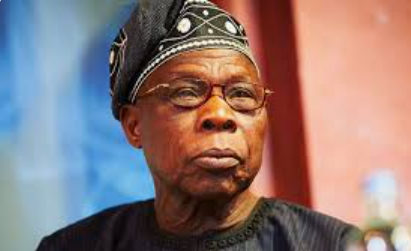

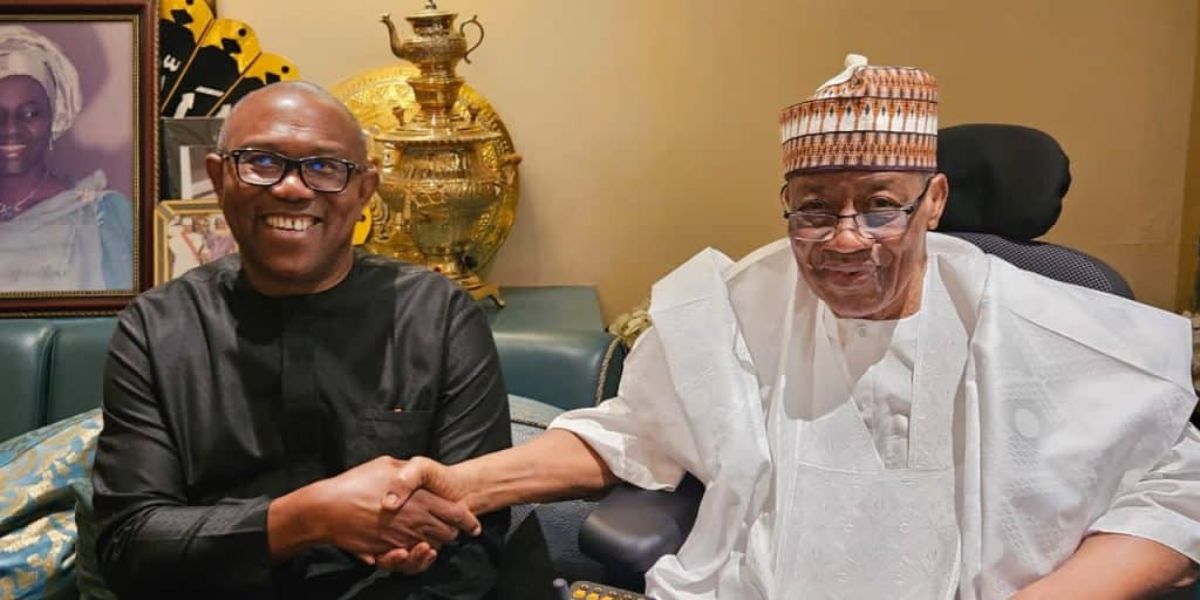
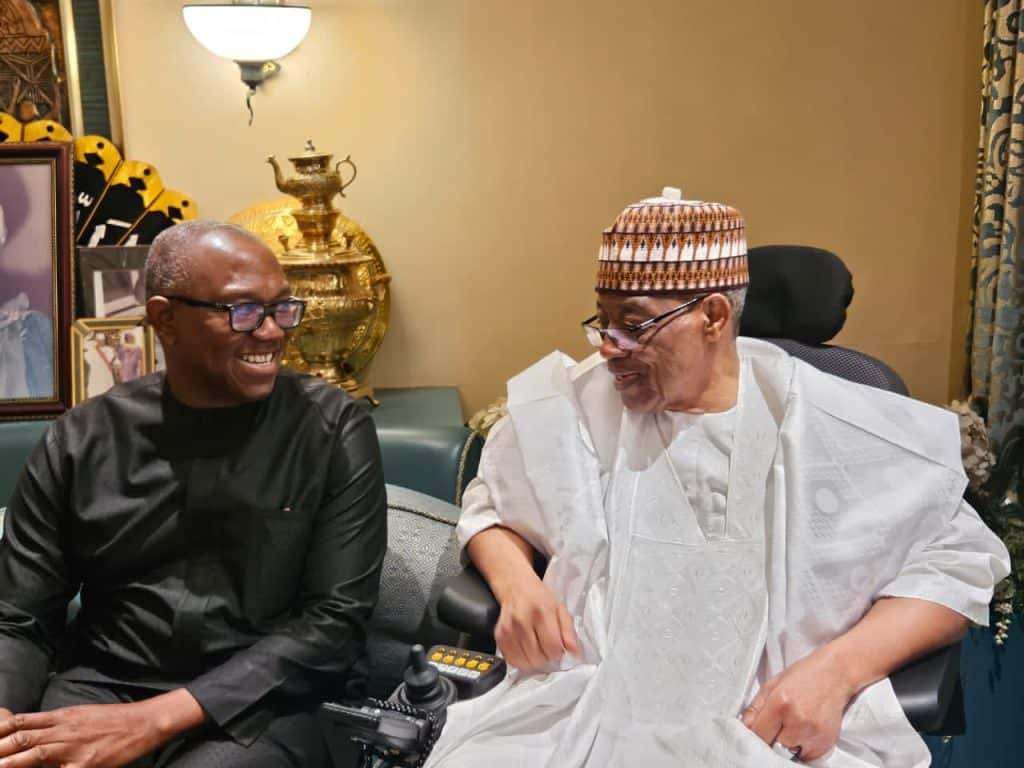
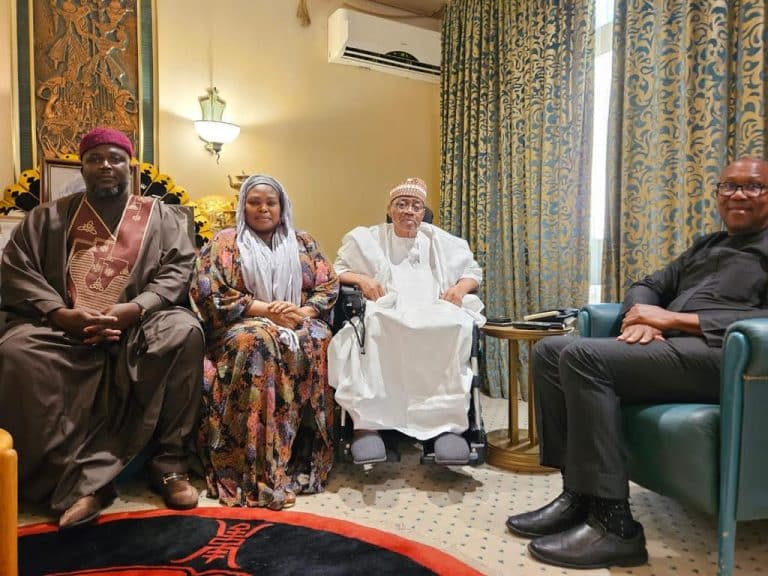
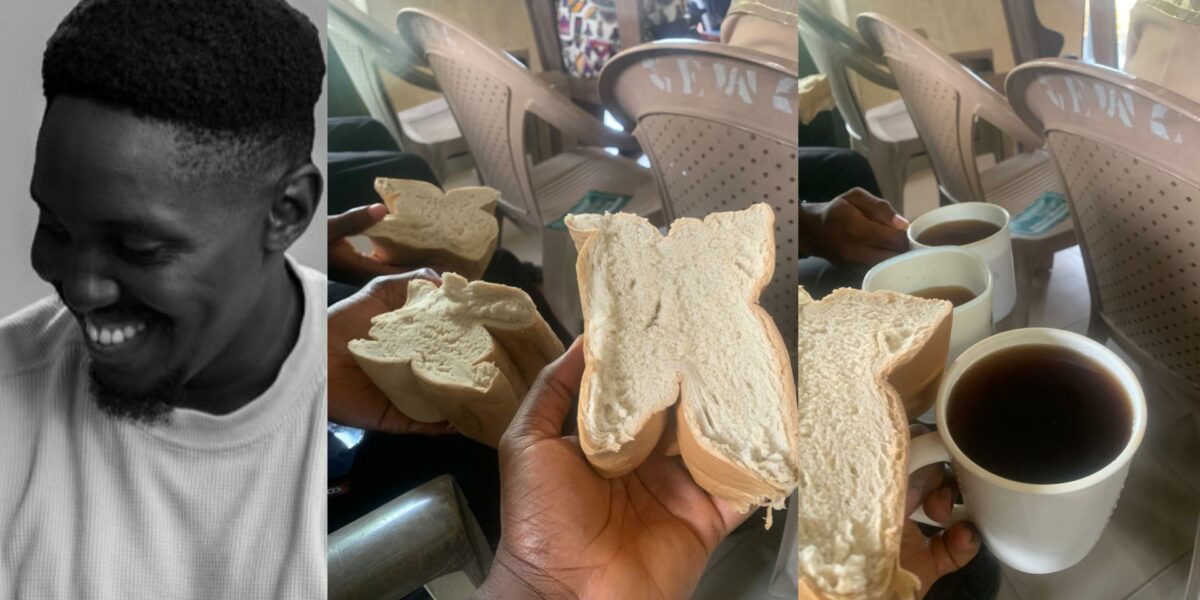
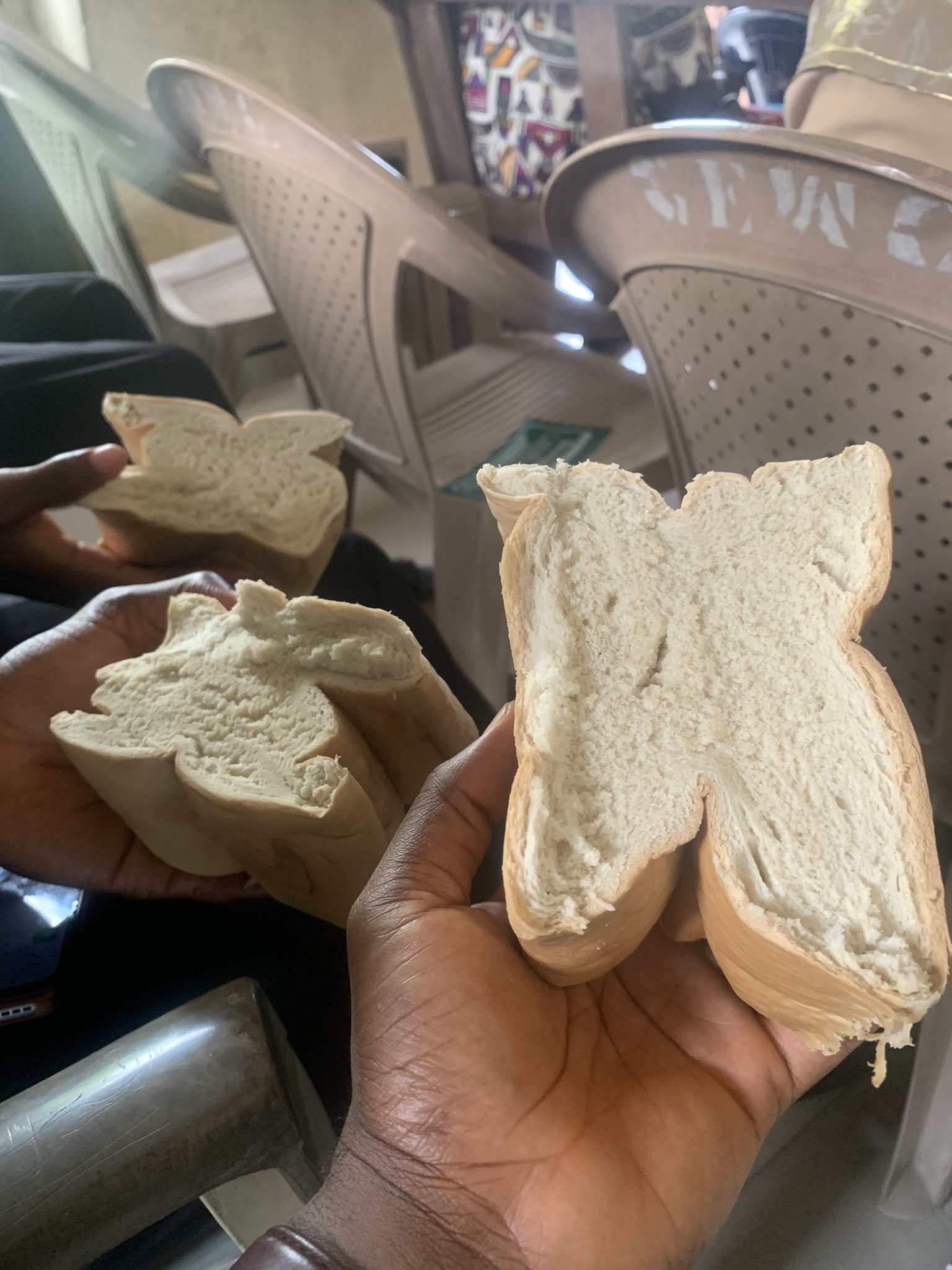
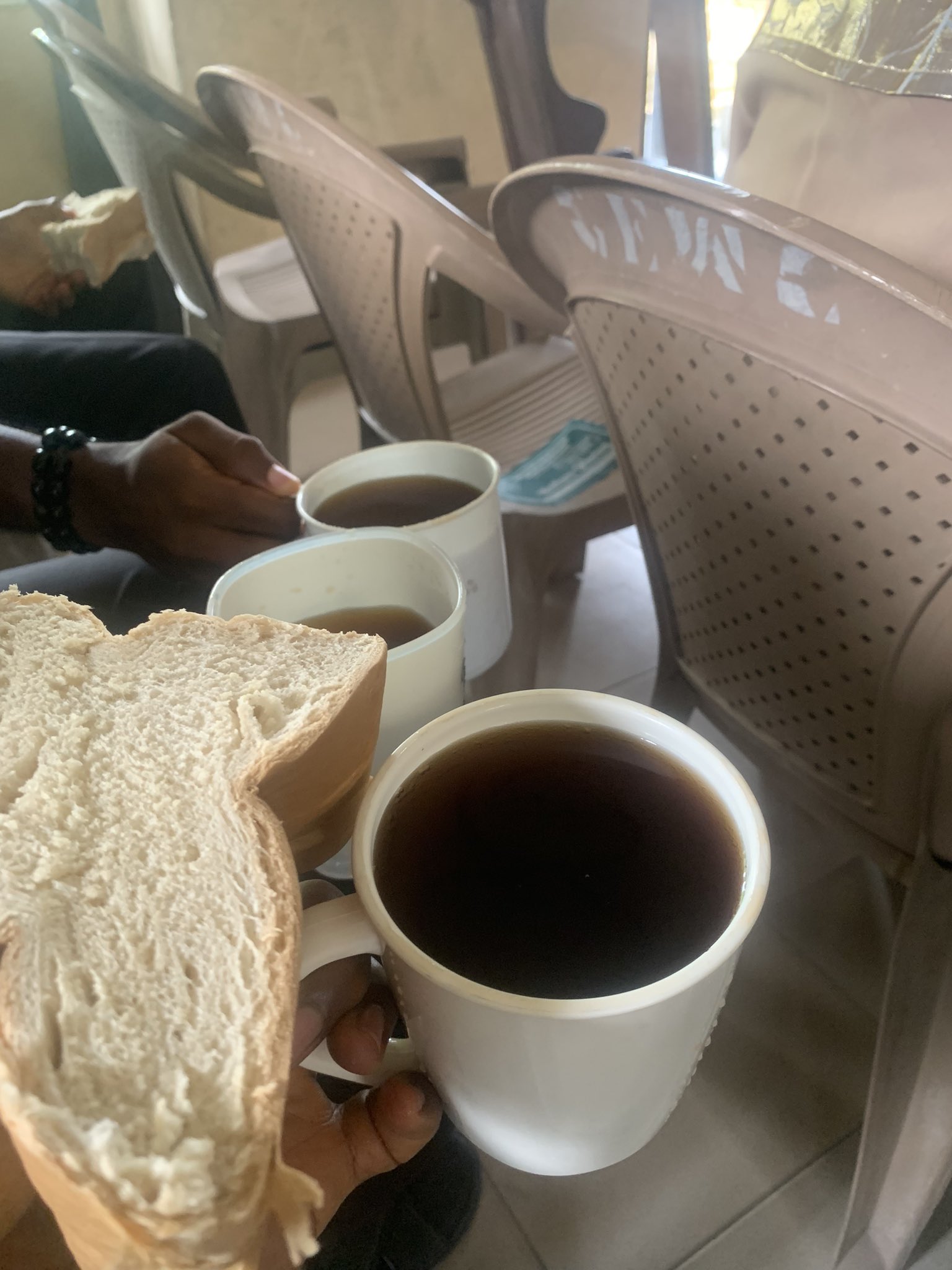 The church members were given bread and Coke Zero to eat as holy communion.
The church members were given bread and Coke Zero to eat as holy communion.